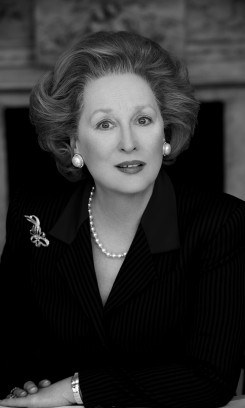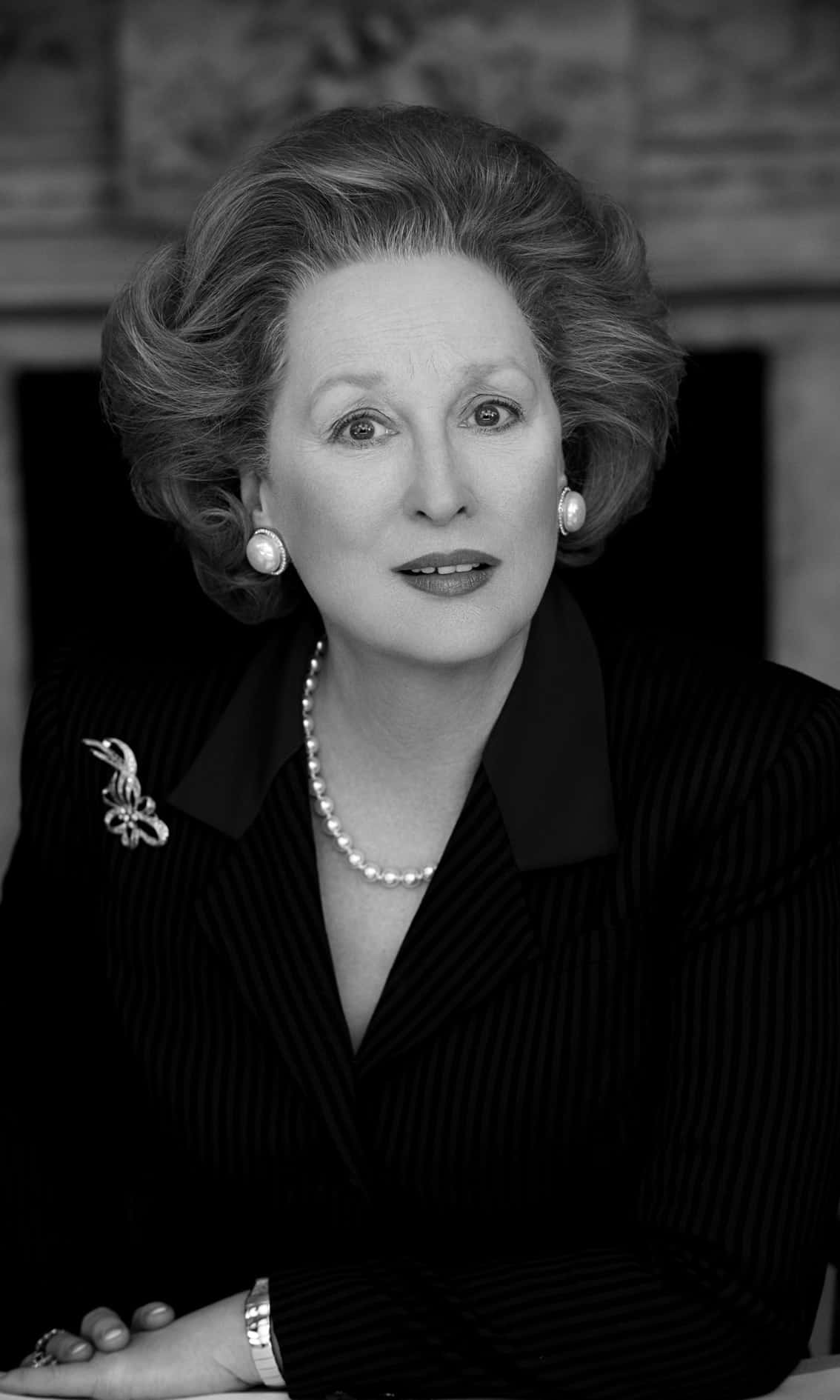Considering how soft, cuddly, cute, and lonely the Margaret Thatcher introduced in The Iron Lady is, it’s hard to understand the public outrage that the film has received. Some feel that The Iron Lady’s depiction of Thatcher (Meryl Streep) is demeaning to the real life Thatcher whose frail health and reclusiveness of late have made her something of a legend.
The Iron Lady knows that the United Kingdom’s first and only female prime minister is regarded less kindly by some, as many feel Thatcher ruled the nation with an iron fist. In The Iron Lady, director Phyllida Lloyd and writer Abi Morgan shed light on the intricacies of the controversial decisions that Thatcher faced as the only female member of parliament, as a married woman, and as a mother.
Meryl Streep’s portrayal of Thatcher is executed with impeccable and dedicated precision. The Iron Lady covers a vast portion of Thatcher’s life but does so with a comfortable momentum that makes the navigation of events quite smooth. Thatcher travels amidst vivid memories of the days of her past in flashbacks and is hounded by the image of her deceased husband Sir Denis Thatcher (Jim Broadbent), whose death she still has not come to grips with. Impressively, The Iron Lady sidesteps the dangers of having a barrage of montages and hurried sequences by being selective and straight to the point. Streep works hard to synchronize her portrayal of Thatcher with the strong-willed legacy that survives the former PM.
Streep’s commitment to her physical transformation into Thatcher makes it clear that she remains an actress to be reckoned with. The film’s strength resides in Lloyd and Morgan’s emotionally persuasive depiction and Streep’s gruelling performance. Presenting Thatcher as a woman afflicted by dementia rather than a woman of controversy serves the film well. The incredibly emotional portrayal of Thatcher is admirable because it makes her exacting, calculated, and cold nature a necessity for her character and a byproduct of her terrific desire to better humanity.


